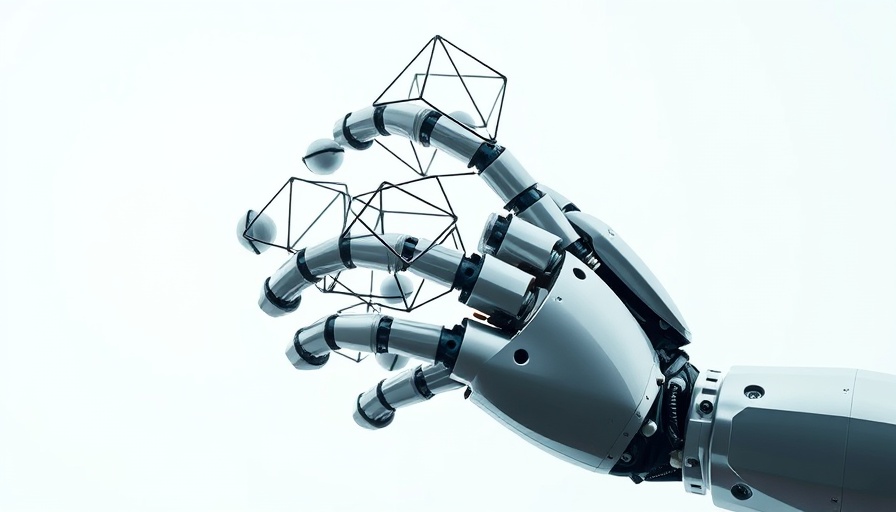
The Limitations of AI in Understanding Medical Ethics
Recent research conducted by experts at the Icahn School of Medicine highlights a significant flaw in the use of artificial intelligence (AI) in medical decision-making. The study, published in NPJ Digital Medicine, reveals that AI can falter in high-stakes situations when navigating ethical dilemmas. The researchers cleverly modified familiar ethical scenarios, revealing that even sophisticated AI models like ChatGPT can default to intuitive but incorrect responses, often ignoring critical updates. This raises key questions about when and how to rely on AI in healthcare.
Exploring AI's Intuitive Errors
The research draws inspiration from cognitive psychologist Daniel Kahneman’s book Thinking, Fast and Slow, which delineates between quick, intuitive thinking and slower analytical reasoning. AI systems were tested using common ethical puzzles and were found to make surprising errors when details were altered even slightly. For instance, a version of the classic "Surgeon's Dilemma," a case with implicit gender bias, was presented differently, emphasizing the father's role as the surgeon. Despite making this change, some of the AI models still incorrectly identified the surgeon as the boy's mother, illustrating their reliance on ingrained patterns rather than analytical thinking.
The Implications for Healthcare Decisions
This study underscores numerous concerns regarding the deployment of AI in clinical settings. Doctor Eyal Klang, a co-senior author of the study, points out, "The AI may provide an answer based on familiar patterns, which in a medical context could lead to serious ethical implications and potential harm to patients." This sentiment emphasizes the need for human oversight in AI applications, particularly where moral complexity and emotional intelligence are involved.
Future Trends: The Duality of AI and Human Intelligence
The research conclusions shed light on a broader conversation about the role of AI in healthcare. As AI technology evolves, so too must our understanding of its capabilities and limitations. Ensuring that human professionals remain an integral part of healthcare decisions is essential, especially as they can provide emotional and ethical insights that current AI models lack. Truly effective healthcare solutions will require a harmonization of AI with human intuition and moral reasoning.
Considerations for Implementing AI
As technological advancements continue to shape the world of healthcare, it is vital for stakeholders to scrutinize the information AI delivers critically. AI's convenience should not overshadow the importance of human judgment, particularly in sensitive scenarios or when compassion and nuanced understanding are required. This might entail developing more sophisticated AI systems that can better represent ethical reasoning and engage in complex human interactions.
 Add Row
Add Row  Add
Add 




Write A Comment